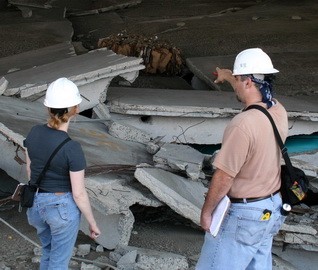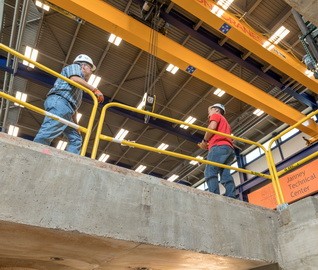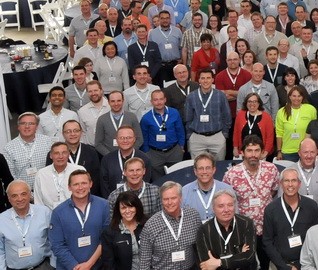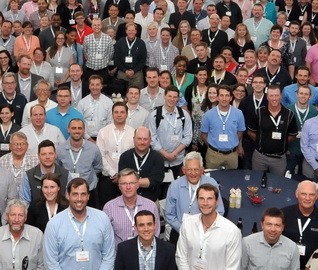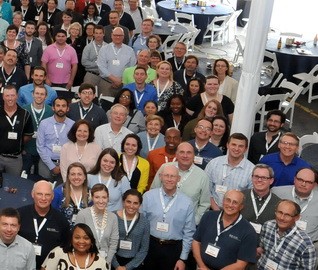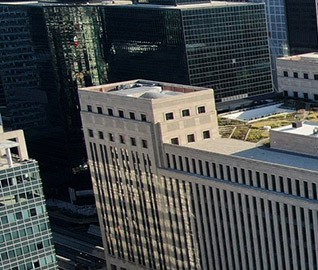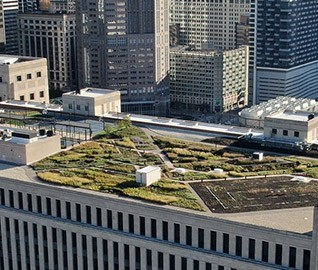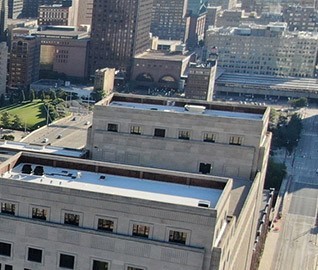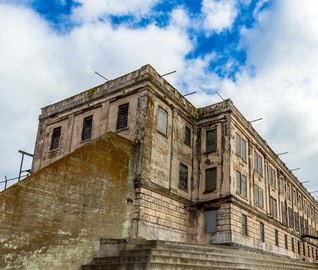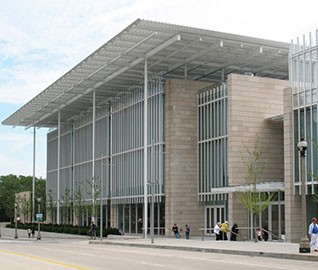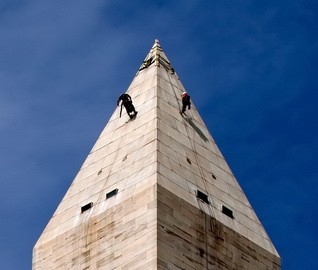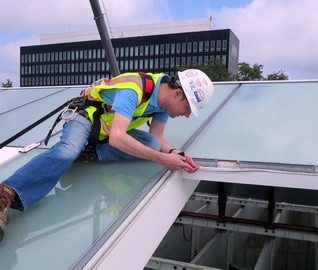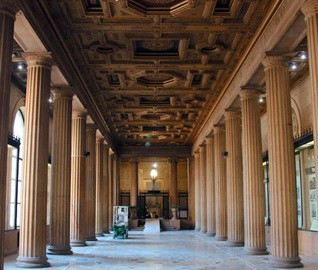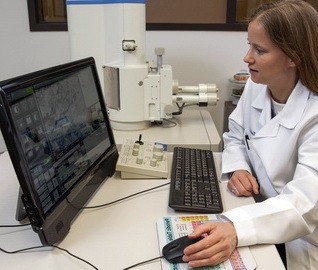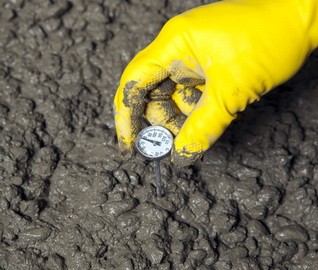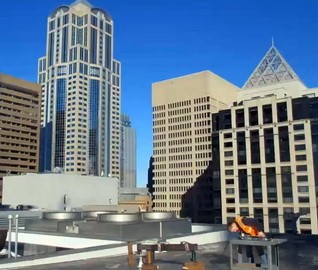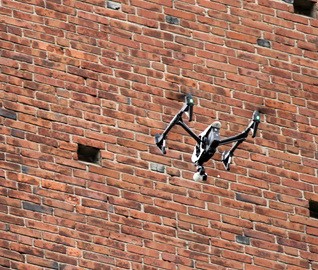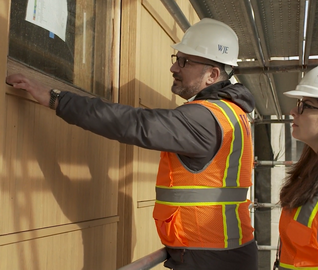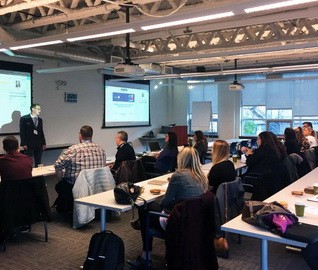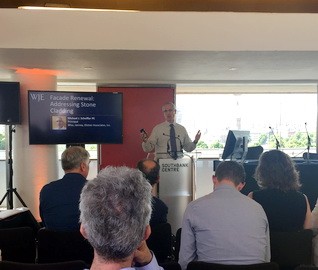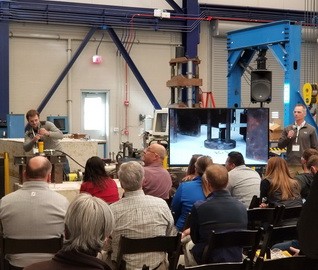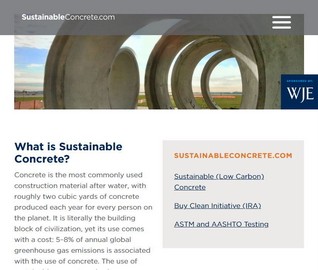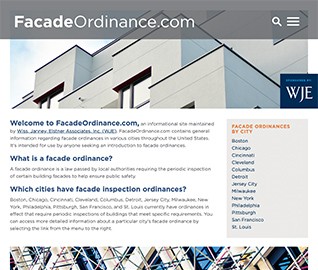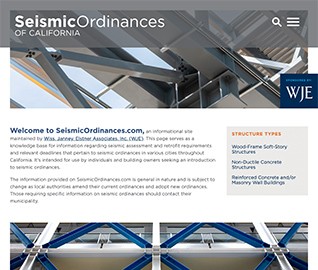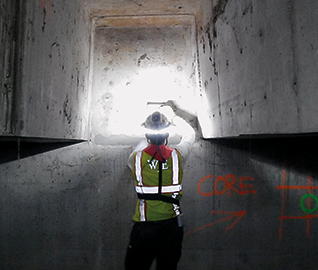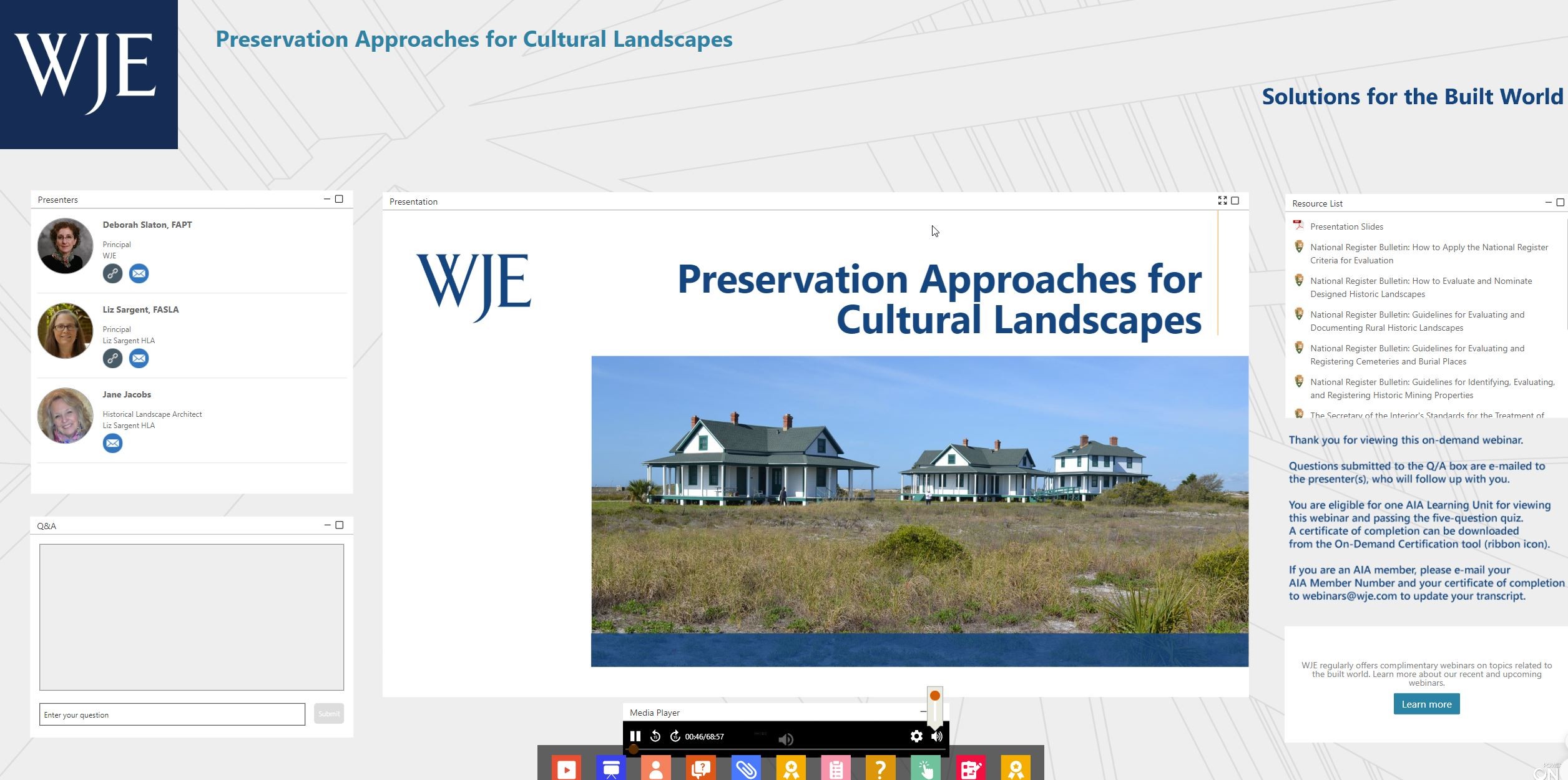The National Park Service defines a cultural landscape as “a geographic area, including both cultural and natural resources and the wildlife or domestic animals therein, associated with a historic event, activity, or person, or exhibiting other cultural or aesthetic values.” Cultural landscapes range from abandoned coal mines to remote coastal fishing villages, historic farmsteads, urban neighborhoods, battlefields, national cemeteries, and Cold War-era missile sites, among others. Each historic site presents unique challenges in terms of assessment and stewardship. Cultural landscape studies provide a basis for the preservation and rehabilitation of the landscape and its features.
In this webinar, WJE conservator and historian Deborah Slaton, with historical landscape architects Jane Jacobs and Liz Sargent, provide an overview of cultural landscapes and the approaches used to evaluate, document, and develop treatment recommendations for these significant historic places.
By the end of the webinar, you will be able to:
- Describe the types of natural and cultural resources that may be encountered in cultural landscapes
- Identify examples of cultural landscapes to illustrate the wide variety of sites for which studies may be prepared
- Differentiate between cultural landscape reports and cultural landscape inventories
- Explain some of the challenges encountered in the preservation of cultural landscapes today
more to learn
View this webinar in our interactive audience console to earn 1 AIA learning unit, access related resources, submit questions to the presenters, and download a certificate of completion.
RELATED INFORMATION
-
 Deborah Slaton, PrincipalWJE Northbrook MORE >People | Deborah Slaton, Principal
Deborah Slaton, PrincipalWJE Northbrook MORE >People | Deborah Slaton, Principal -
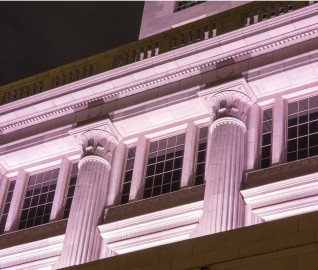 Our professionals balance the need to provide practical, long-term solutions with the ability to... MORE >Services | Historic Preservation
Our professionals balance the need to provide practical, long-term solutions with the ability to... MORE >Services | Historic Preservation -
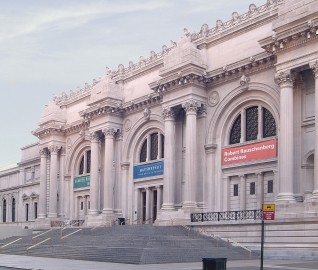 We offer in-house expertise for a full range of investigation, analysis, and design services... MORE >Services | Architectural Finishes and Materials
We offer in-house expertise for a full range of investigation, analysis, and design services... MORE >Services | Architectural Finishes and Materials -
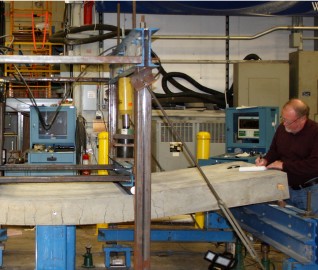 Whether investigating a specific project challenge or collaborating with government agencies on... MORE >Services | Research
Whether investigating a specific project challenge or collaborating with government agencies on... MORE >Services | Research



